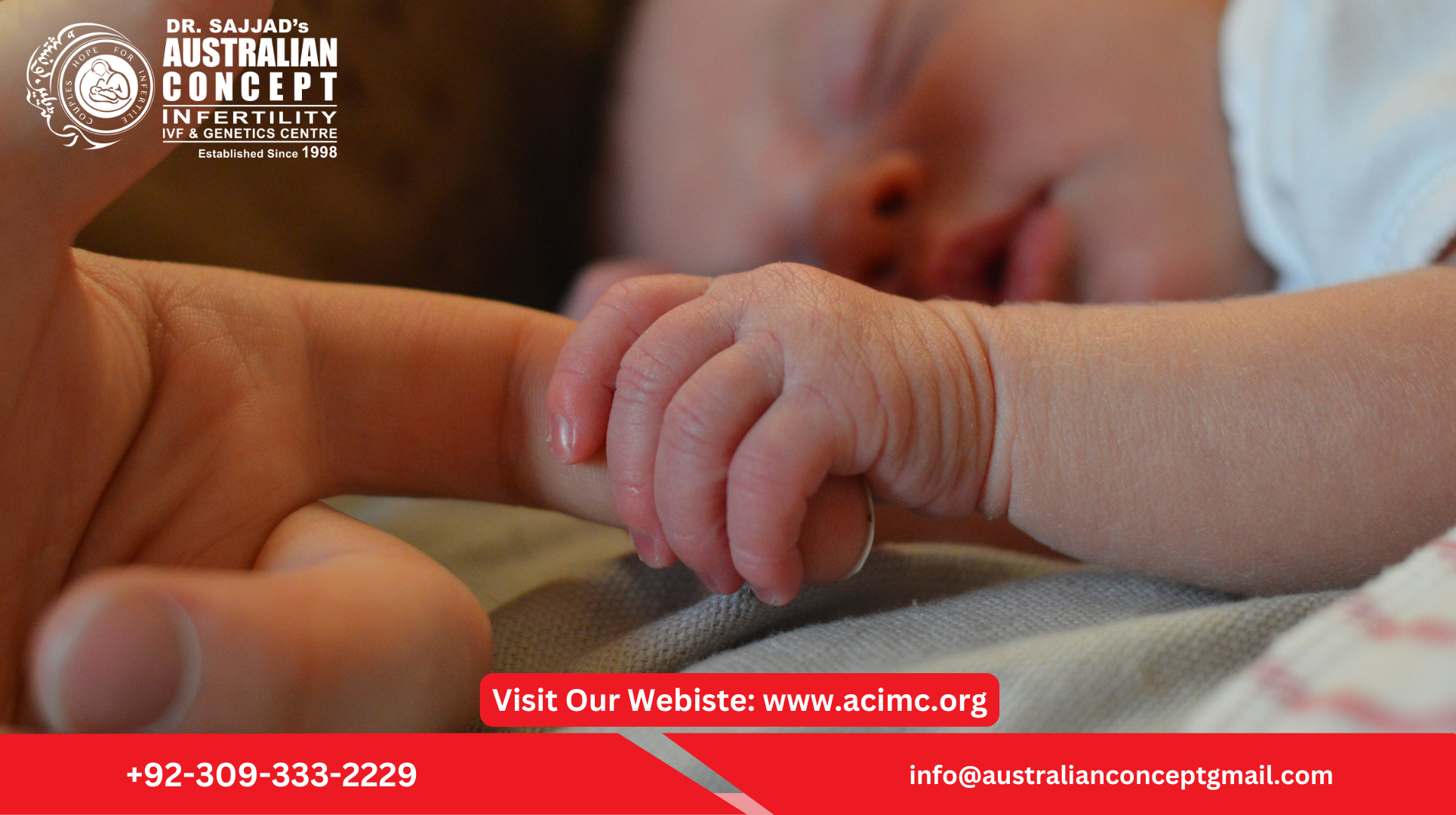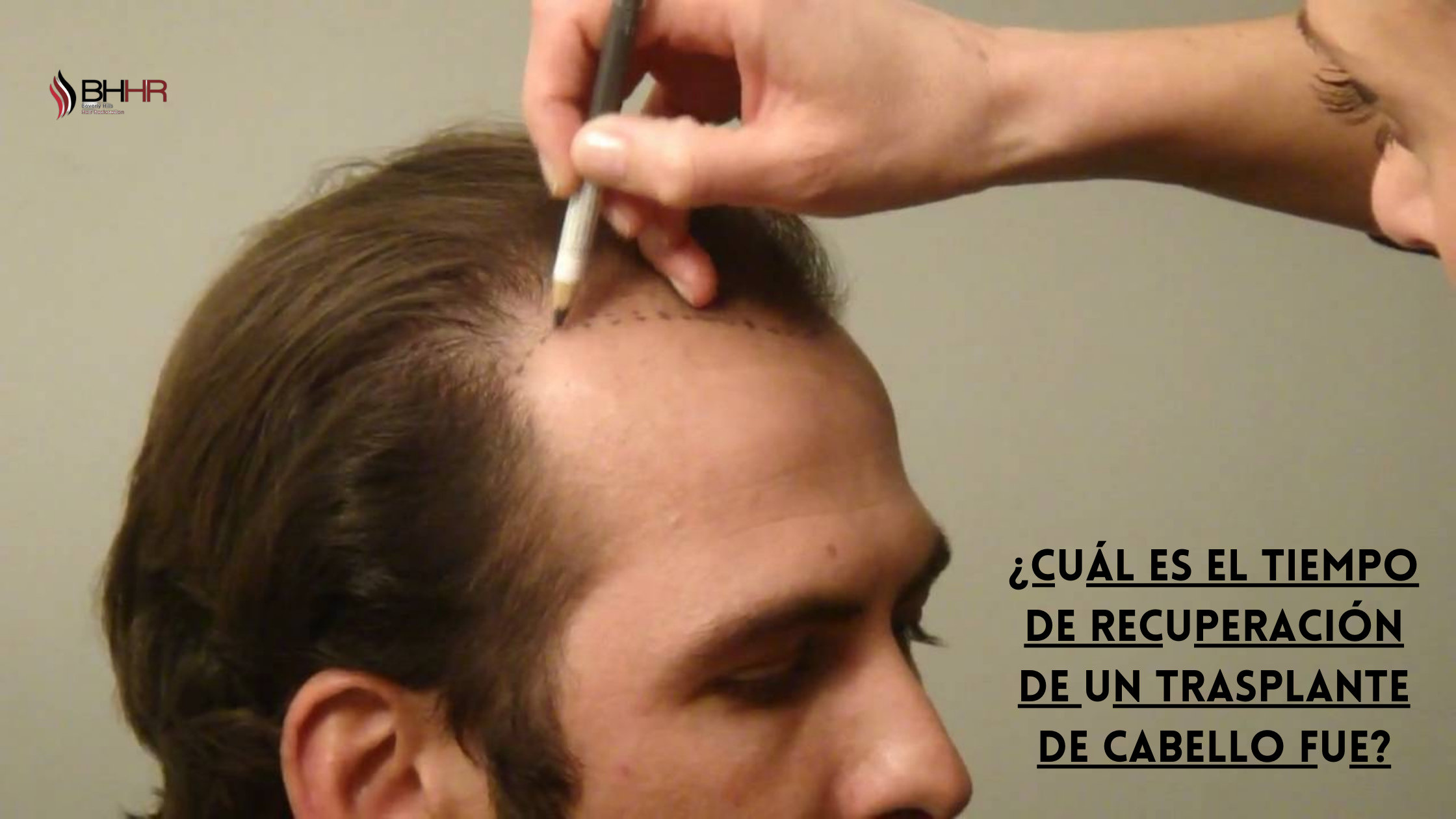In-vitro fertilization (IVF) is a widely used assisted reproductive technology that has helped millions of couples achieve parenthood. However, one of the most common concerns for individuals undergoing IVF is how many times it is safe to attempt the procedure. Understanding the medical, physical, and emotional aspects of multiple IVF cycles can help in making informed decisions.
The Safety of Multiple IVF Cycles
IVF involves hormonal stimulation, egg retrieval, fertilization, and embryo transfer. While the procedure is generally safe, multiple cycles can have certain implications. Studies suggest that undergoing up to six IVF cycles can significantly increase the chances of conception, but the safety of repeated attempts depends on several factors, including age, health condition, and medical history.
Factors Influencing IVF Success and Safety
- Age of the Woman: Younger women have higher success rates with IVF, while older women may need more cycles.
- Ovarian Reserve: Women with a good ovarian reserve respond better to stimulation and have a higher likelihood of success.
- Underlying Health Conditions: Conditions such as endometriosis, polycystic ovary syndrome (PCOS), or thyroid disorders can impact the success and safety of multiple IVF cycles.
- Lifestyle Factors: Maintaining a healthy diet, avoiding smoking and alcohol, and reducing stress can enhance the success of IVF.
Risks of Multiple IVF Cycles
While IVF is a relatively safe procedure, undergoing multiple cycles can pose certain risks, including:
- Ovarian Hyperstimulation Syndrome (OHSS): Overstimulation of the ovaries due to fertility drugs can lead to abdominal pain, swelling, and other complications.
- Emotional and Psychological Strain: The stress of unsuccessful cycles can impact mental well-being, leading to anxiety and depression.
- Financial Burden: IVF treatment can be expensive, and multiple attempts may put a strain on financial resources.
- Increased Risk of Pregnancy Complications: Repeated IVF cycles can slightly increase the risk of complications such as preterm birth or low birth weight.
How Many IVF Cycles Are Recommended?
Experts generally recommend trying up to three to six cycles, as studies show that success rates improve with multiple attempts. However, after three unsuccessful cycles, it is advisable to consult a fertility specialist to evaluate further options. Some individuals may consider alternative treatments, such as donor eggs, if repeated IVF cycles do not yield success.
Conclusion:
IVF is a safe and effective fertility treatment, but the number of attempts should be based on personal health, financial capability, and emotional readiness. Consulting with an experienced infertility specialist can help determine the best approach for a successful pregnancy. Always prioritize well-being while making informed decisions about fertility treatments.










